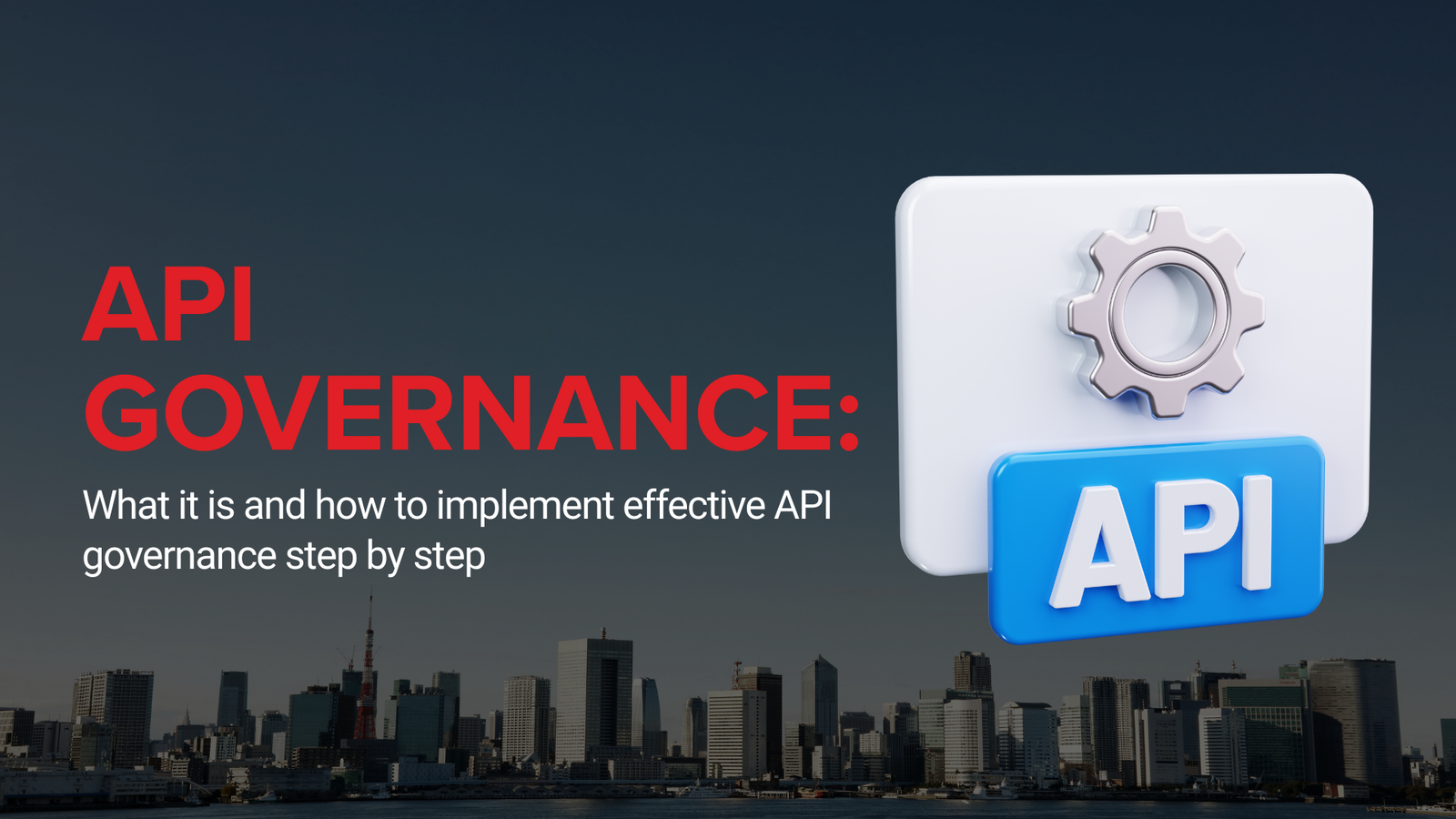Digital Agility
Digital agility is a key theme for any organisation approaching Digital Transformation. How do we enable development teams to produce the digital products the business needs at the right pace? How do we deliver the consistent omnichannel experience our customers now expect? How do we react more quickly to changes in the industry or threats from the competition? How do we unify our IT initiatives with our business goals?
Our ability to be consistent in experience relies on consistency in data and how that data is exposed for consumption. The ability to react quickly to peaks and troughs in supply/demand depends on that data being available for digital consumption at the right level and at the right time.
Benefits of Digital Agility


Reduce your time to market
Reduce the costs of ongoing innovation
Deliver better and more consistent customer experiences
Create new possibilities for services, applications and capabilities
Make change a competitive advantage rather than a threat
How to achieve Digital Agility
Microservices Approach
Microservices involve breaking down traditional monolithic applications into smaller contained services. Development teams are sized and organized around services, more able to pivot and make change quickly
Layered IT Architecture
Legacy systems can be difficult and slow to change, so Digital Agility is aided by segmenting IT Architecture to enable multiple speeds of change. By utilising solutions such as APIs and API Management, a different layer of abstraction can be created, allowing the presentation of data to more dynamic systems of engagement.
Automation
Manual processes are costly, there is an increased need for governance, and an acceptance that mistakes will happen and will take time to resolve. Automation tools reduce the need for human effort and significantly reduce the probability of error. Workflow automation, DevOps tools and CI/CD pipelines can significantly decrease time to market for new products and initiatives.
Real-time, Event-Driven thinking
Event-Driven architectures and integrations are common characteristics of Digitally Agile organisations. This is highly focused on customer experience and competitive edge, the ability to dynamically produce something different based on external or internal inputs is one of the key objectives to achieving Digital Agility.
A focus on Data
Data has always been important, but now it’s critical. With objectives centred around concepts such as Real-time and automation, it is crucial that the data is correct, timely and reliable. Automating decisions based on incorrect or out-of-date information can lead to negative consequences. A primary focus on data is paramount for organisations attempting to become Digitally Agile.


How do organisations get it wrong?
Tackling too much legacy or exposing without understanding
A programme to modernise legacy systems can be a huge undertaking, slowing down more progressive development and significantly increasing time to market of new products and initiatives. A value based approach should be adopted where legacy should only be tackled if it is delivering true business value. Data should otherwise be abstracted from legacy systems of record via APIs.
Taking a technology first approach
Often Digital Transformation programmes begin with the implementation of a new technology, and whether it be Salesforce, SAP or Workday, the results are largely the same. Business, data and integration are often overlooked, leading to the realisation of reduced value.
Misunderstanding of Microservices
Microservices are often misunderstood, and the focus is often too much on the technology. We often see teams specifically within IT functions being a “Microservices Team” because they look after a single application or technology. A true Microservices approach would involve teams spanning business and technology in order to deliver changes quickly based on the business need. The idea that Microservices are loosely coupled and self-contained, should also be applied to the people and the team that represent them.
Enabling change at the wrong level
Pressure to enable faster moving agile teams can often lead to organisations exposing too much of an API/System or something too specific to the needs of a particular team. This can lead to a compromised flow of data into systems of record or a proliferation of single use data services that are all very similar and ultimately expensive to support.
Misaligned Governance Structures
Many organisations still have a plethora of centralised architecture guilds, design forums, change advisory boards, governance boards and technical design authorities. How can change be expected to happen quickly with this much scrutiny? There are now more agile approaches to scrutiny and due diligence such as maintaining required standards through automating testing/QA tools and CI/CD pipelines.


How can Chakray help?
Chakray works with transforming companies to ensure that they leverage the strategies, capabilities, technology solutions and processes to ensure digital agility becomes an advantage rather than an ongoing constraint.
Whether you are undertaking a ground up rethink of your digital agility, or you are implementing a single capability with a specific goal in mind, we can help. Chakray is a pure integration and automation specialist and can help with the strategy, implementation and even operation of your digitally agile infrastructure. Our consultants, architects and developers will work closely and collaboratively with you to ensure the business value you seek is realised through the changes you make.
Get in touch
Talk to our experts
Contact our team to discuss your initiatives and find out how Chakray can help deliver your successful outcomes.
Get in touch











